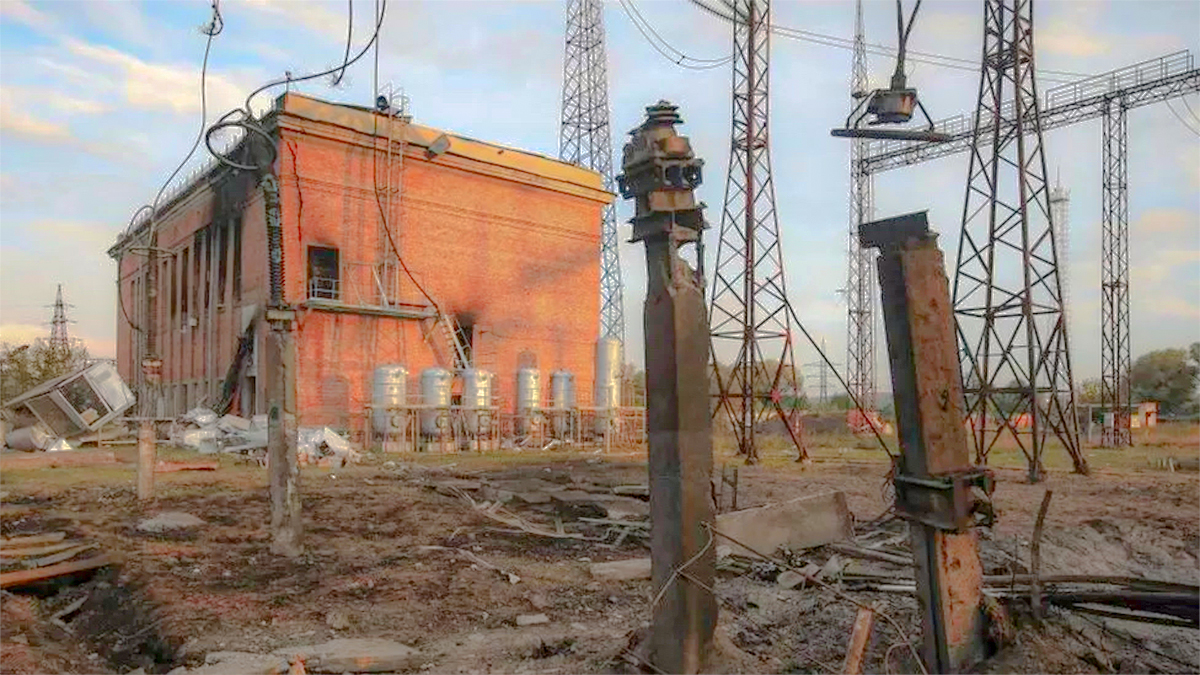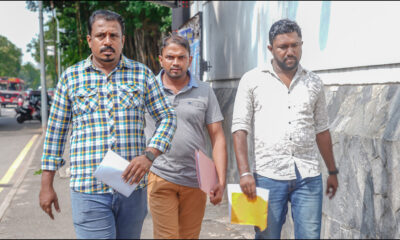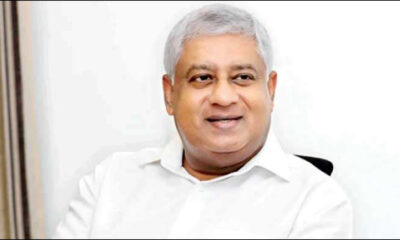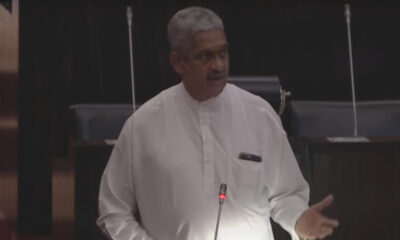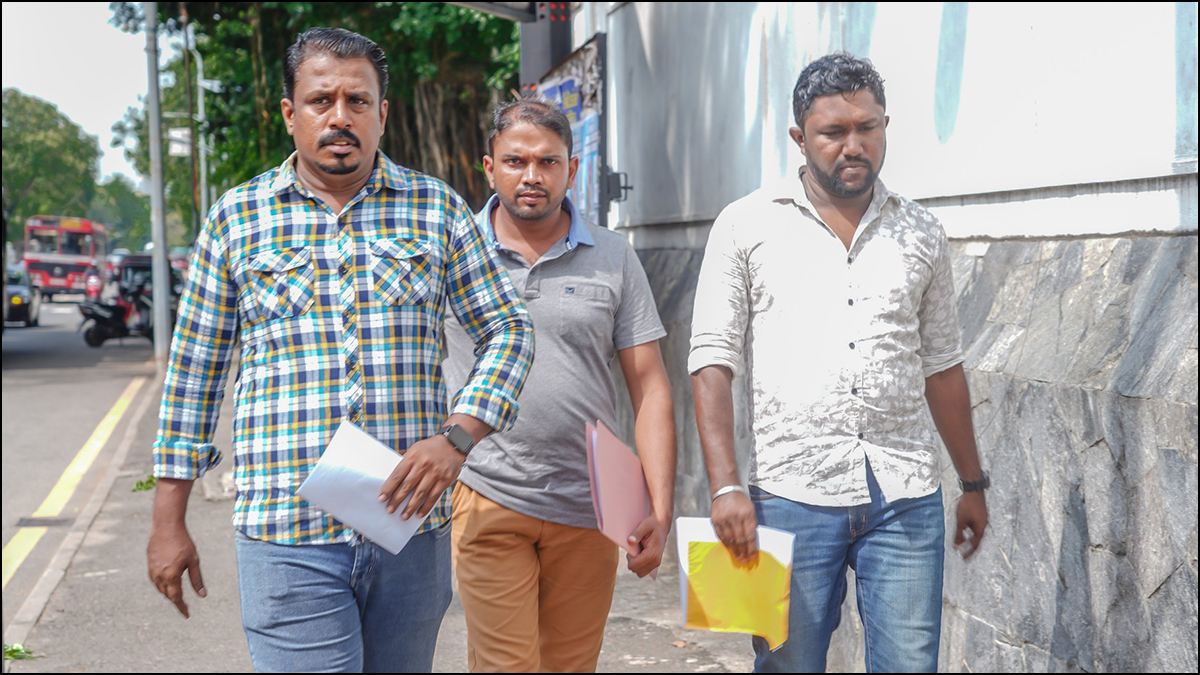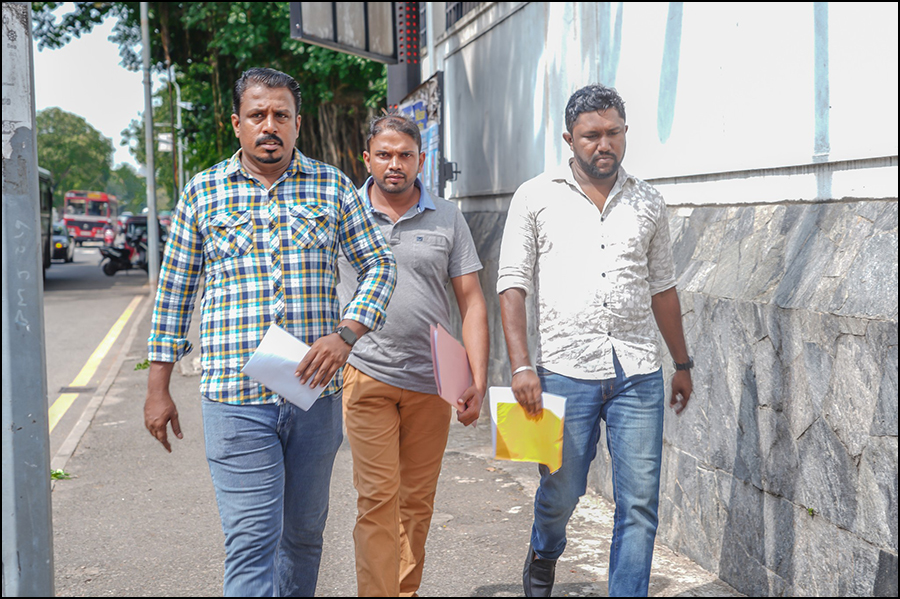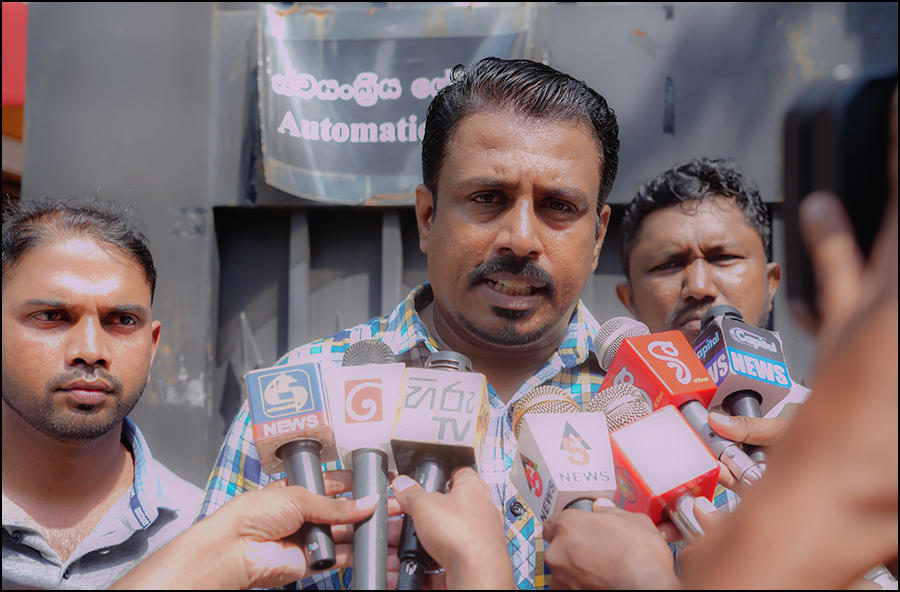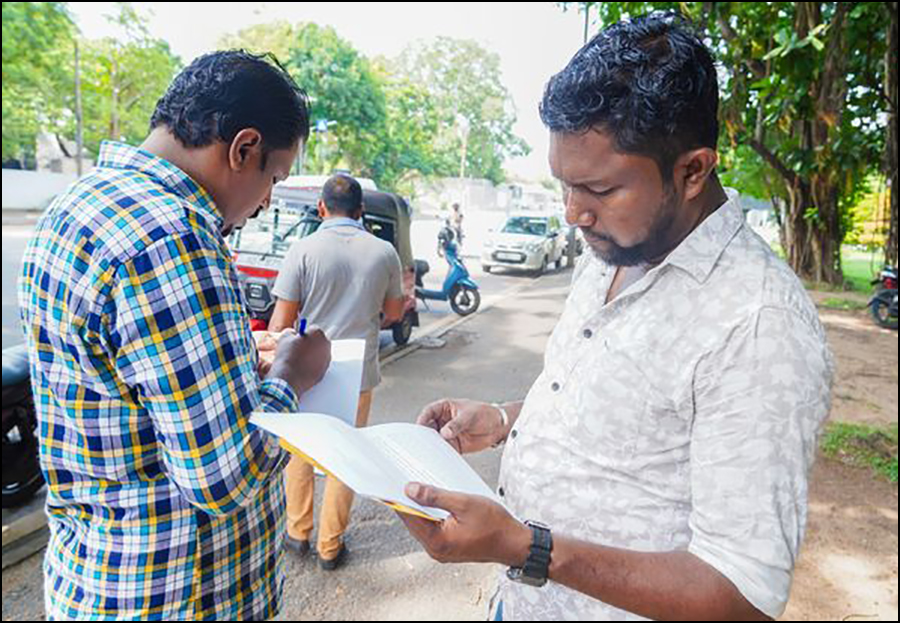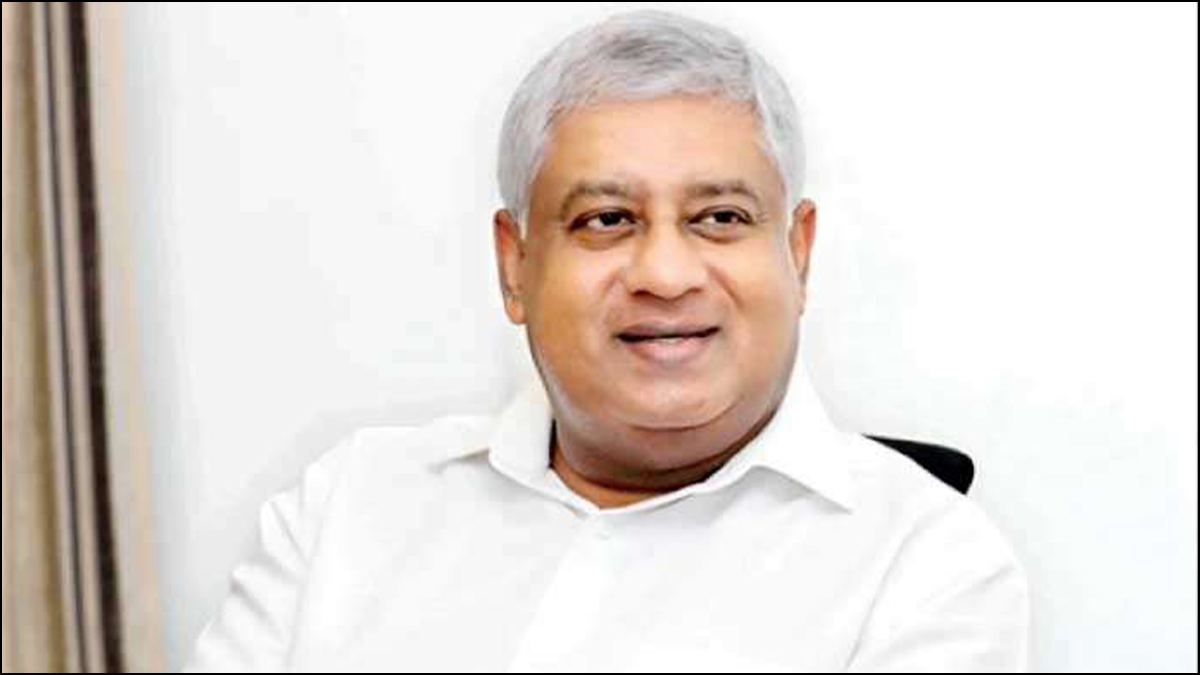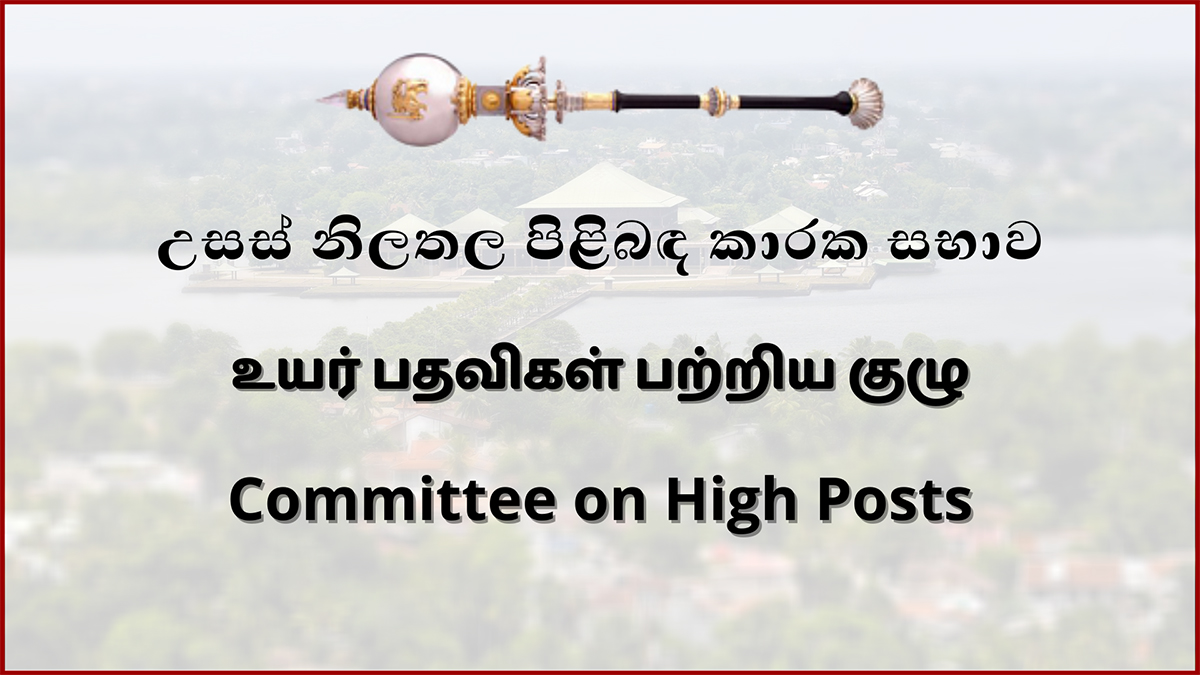News
Ukraine to export electricity again
-

 News1 day ago
News1 day agoSt. Thomas’ Prep School closed after portion of building collapses
-
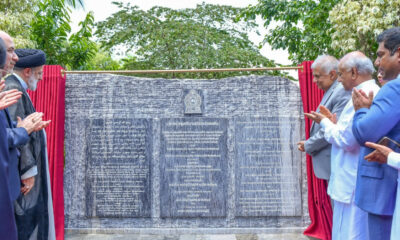
 News2 days ago
News2 days agoUma Oya project launched (Video / Pics)
-

 BIZ1 day ago
BIZ1 day agoCBSL urged to seek overseas travel ban against Dharmasena
-

 News3 days ago
News3 days agoSpecial security & traffic plan over Iranian President’s visit
-
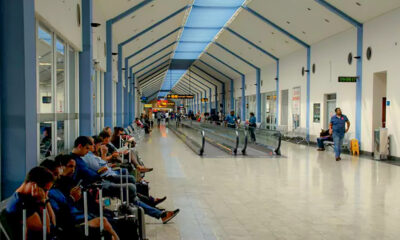
 News3 days ago
News3 days agoOver 2.5 mn. Lankans have migrated in the last 2 years!
-

 News4 days ago
News4 days agoFox Hill tragedy : Arrested drivers remanded (Update)
-
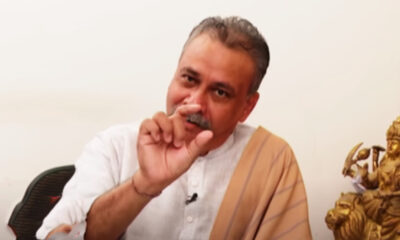
 News4 days ago
News4 days agoAstrologer Chandrasiri Bandara passes away
-
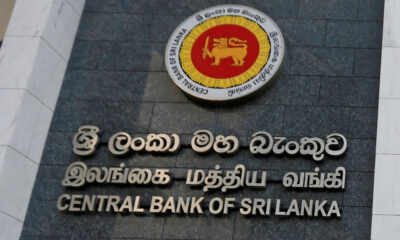
 BIZ4 days ago
BIZ4 days agoCBSL names 8 more companies conducting prohibited schemes


